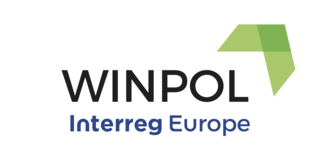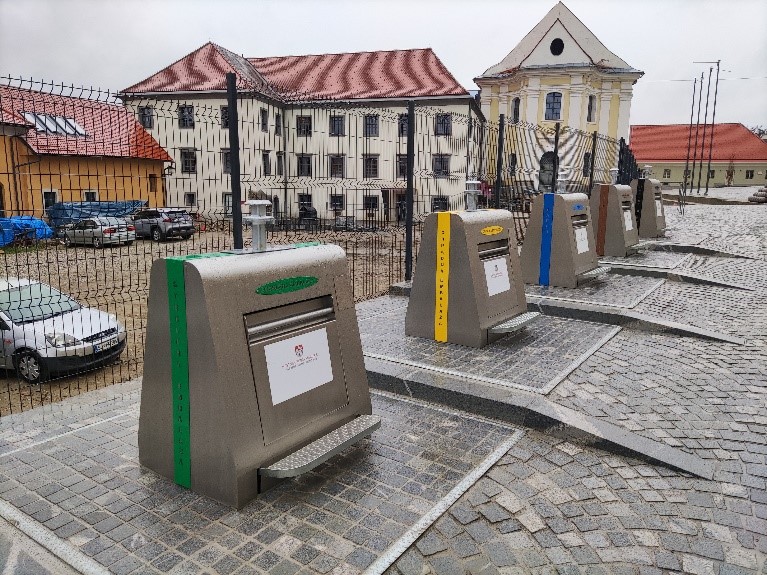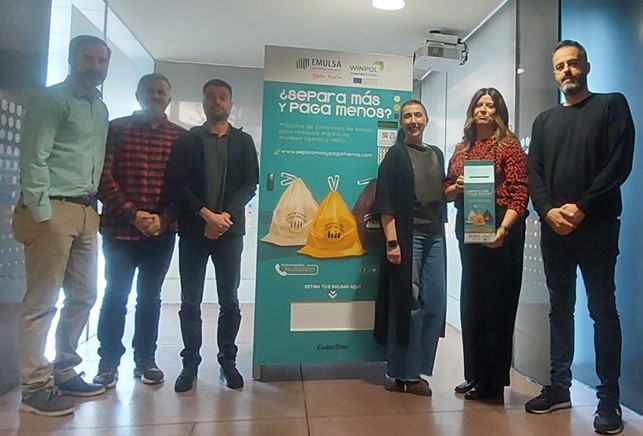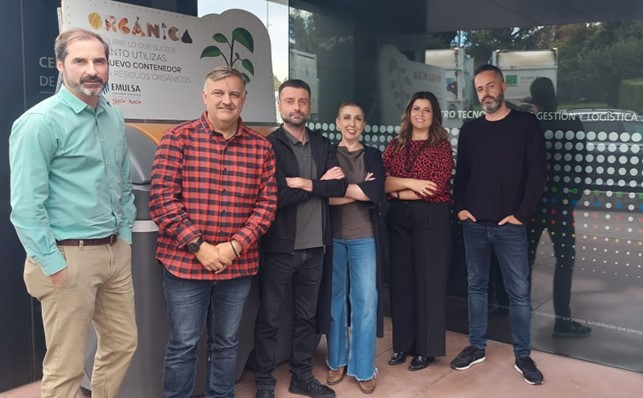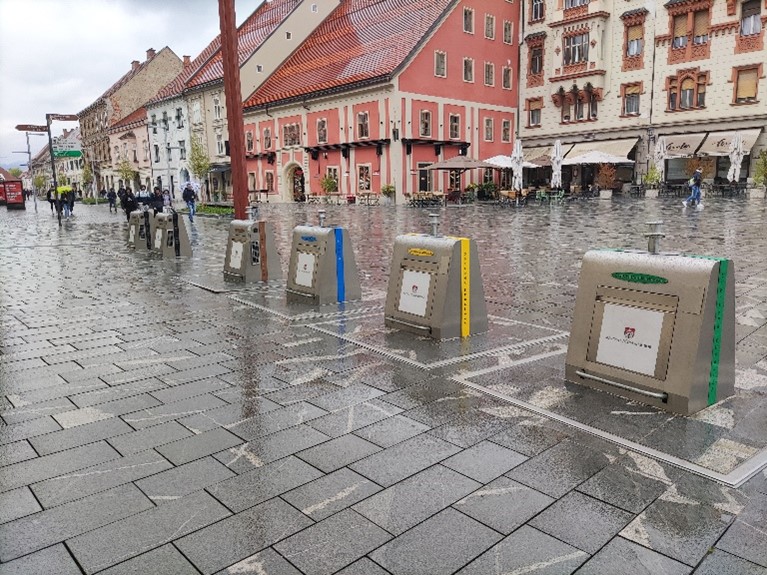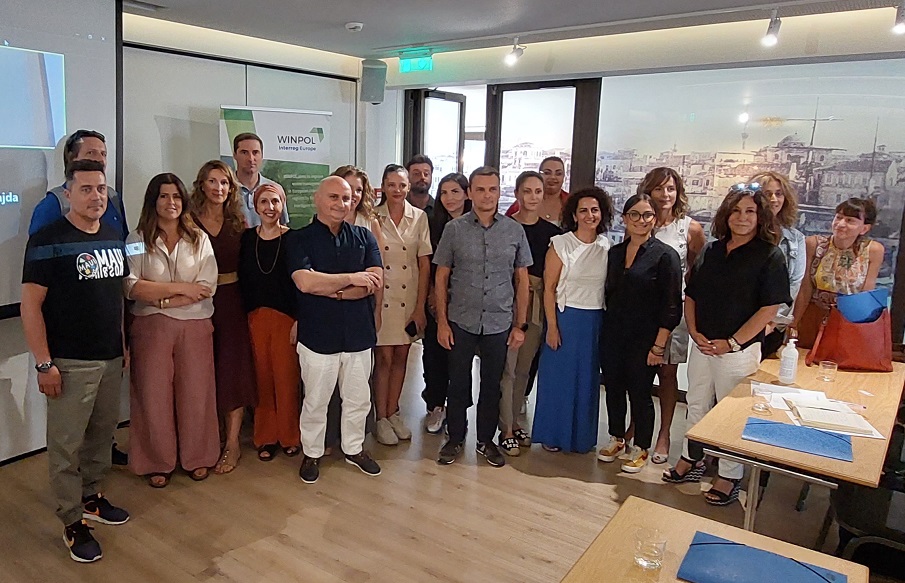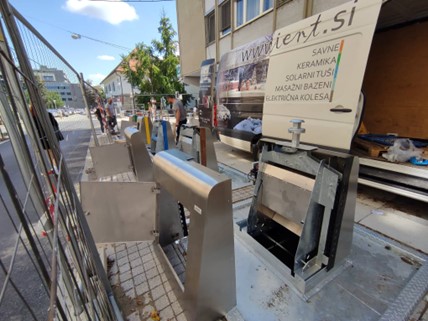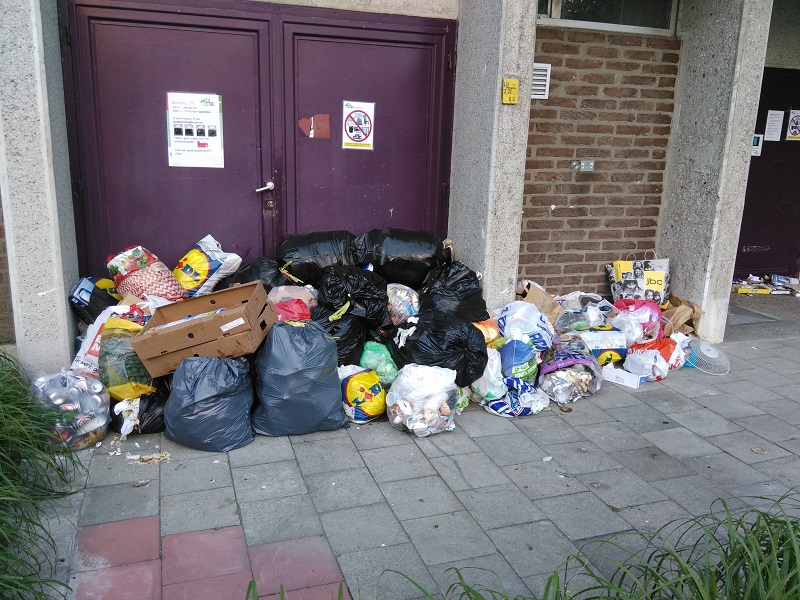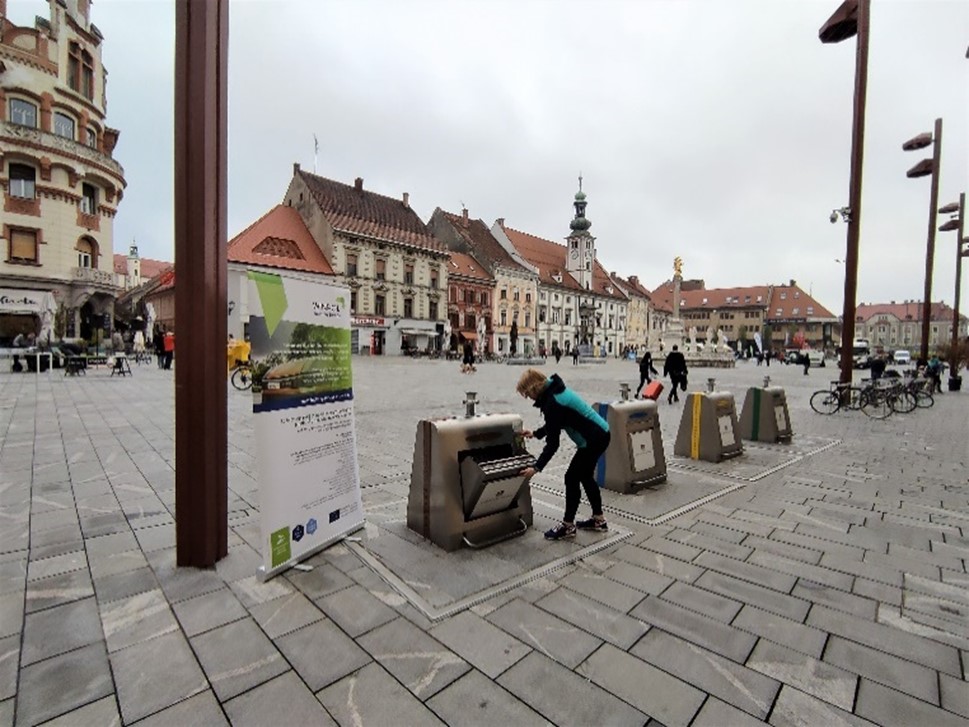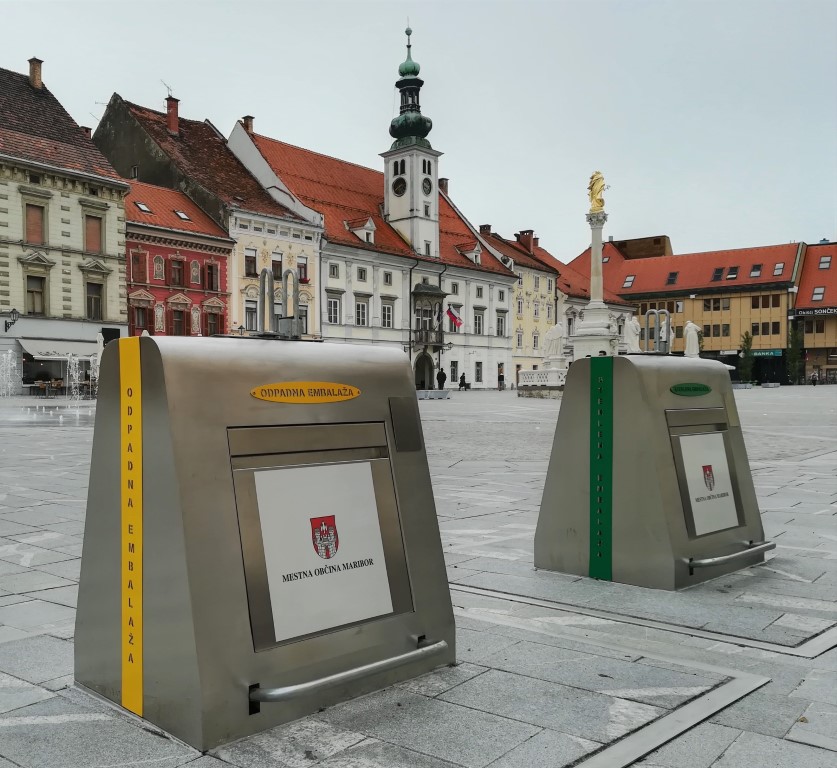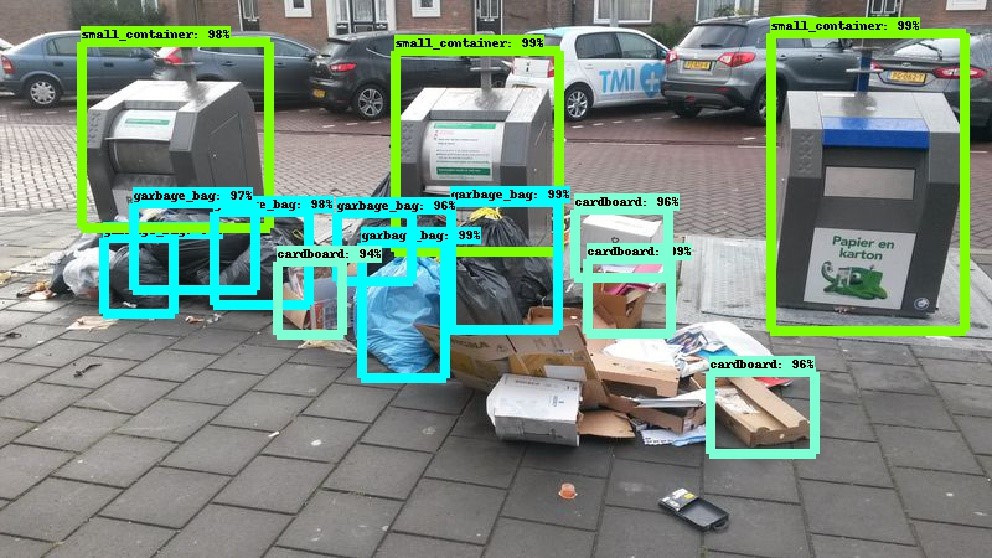In less than two weeks the 18th European Week of Regions and Cities will kick off, for the first time ever as a virtual-only event.
The European Week of Regions and Cities is an annual four-day event during which cities and regions showcase their capacity to create growth and jobs, implement European Union cohesion policy, and prove the importance of the local and regional level for good European governance. This year, the European Week of Regions and Cities is spreading over three consecutive weeks, each dedicated to one timely topic: Empowering Citizens, Cohesion & Cooperation, Green Europe.
While some of the sessions will be web streamed in real time and open to public, most of the sessions will only be accessible to a restricted number of participants.
So have a look at the rich programme and do not forget to register on time. Registrations close on 27 September.
Looking for ideas?
Interreg Europe has prepared a short overview of what will come. Check it here!
We recommend the participatory lab on Reuse and Repair in a circular economy, on 13 October 2020 from 14:30-16:00 CEST, to learn more about reuse and repair initiatives and their impact on a circular and social economy.
WINPOL partners are also active during this #EURegionsWeek.
ACR+ is co-organising, together with Bwcon Gmbh, and Technical University of Kosice the workshop Cities fostering the circular transition, on 15 October 2020 from 09:30-11:00 CEST. The second topic tackled will offer solutions on how to measure and monitor circularity at local and regional level. It will highlight two examples of approaches aiming to go beyond weight-based indicators, and better reflecting the environmental impact of local circular economy strategies.
The city of Maribor is presenting on 22 October 2020 from 11:00-12:00 CEST the project URBAN SOIL 4 FOOD. With this project Maribor developed an integrated city-wide system, in which the city is using biological waste, waste from green trimmings and excavation materials from construction to produce innovative Urban Soil with a tailor-made pilot production plant, and making it available for citizens to use for urban agricultural activities increasing their food self-sufficiency and strengthening their collaborative fibre.
